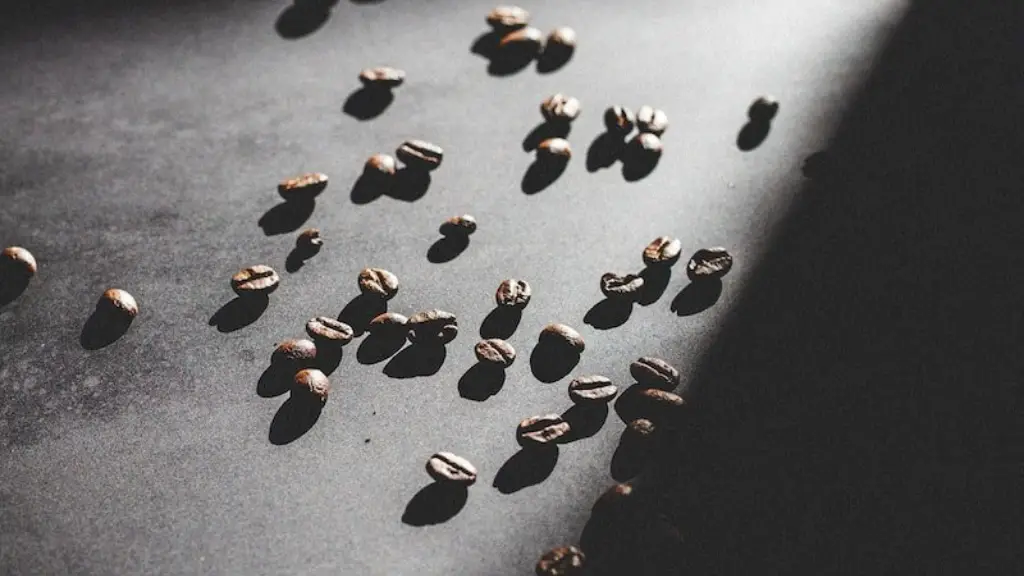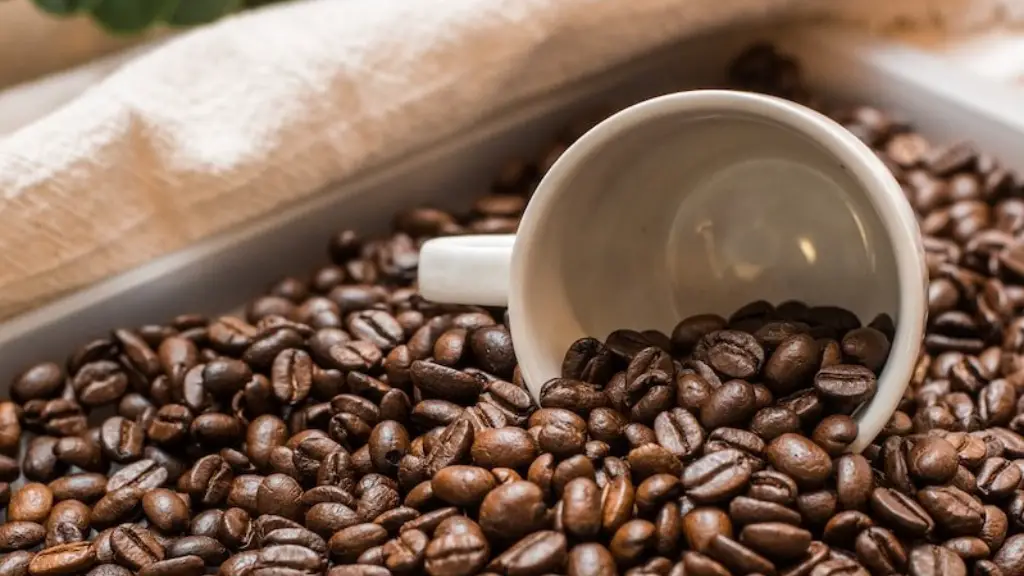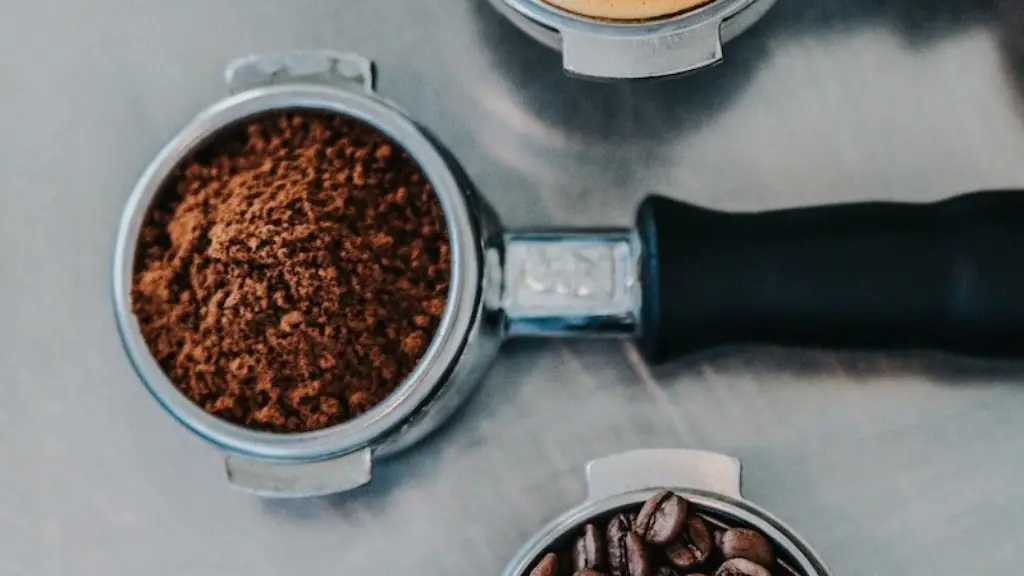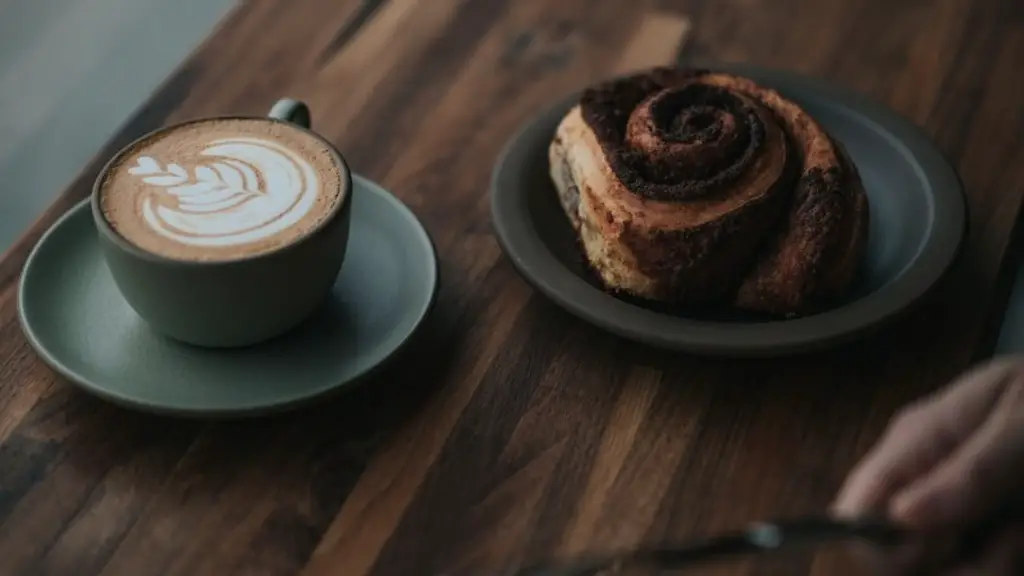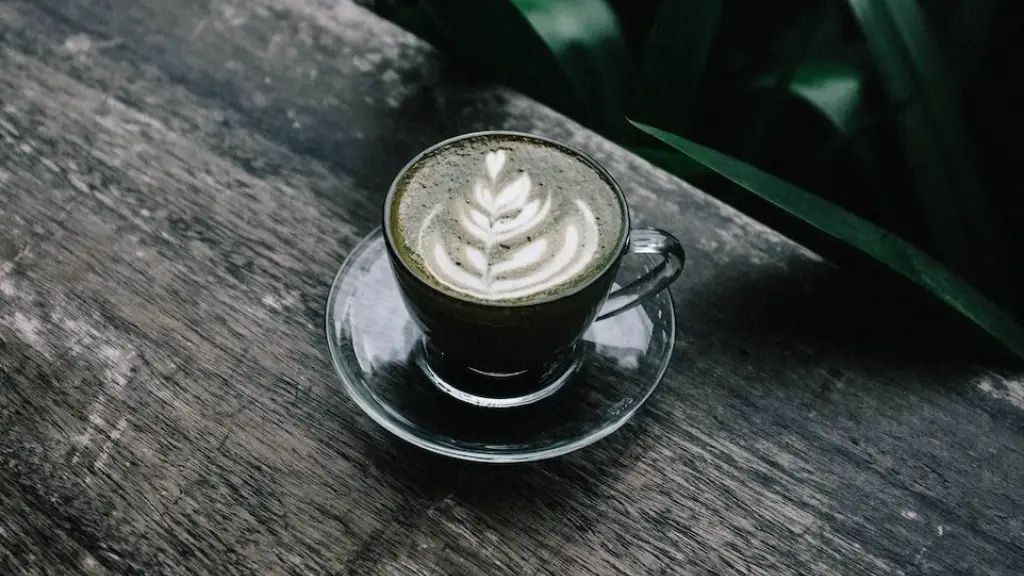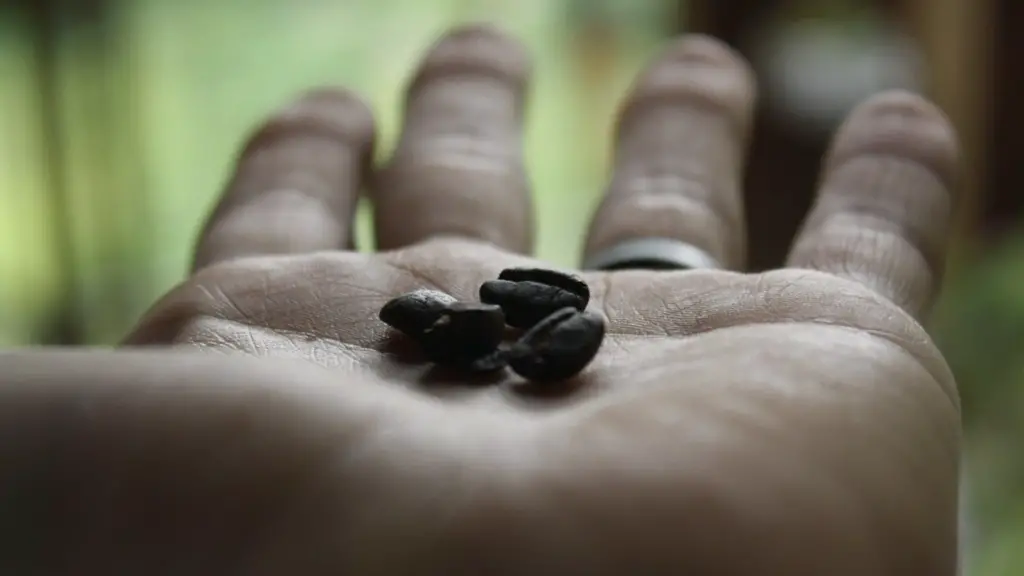When I was younger, I used to be a regular coffee drinker. Nowadays, I’ve almost completely shifted away from it – and if I really need the caffeine boost, I grab a can of energy drink. Here, I’d like to go in-depth on why I don’t drink coffee anymore, and offer my perspective and analysis on the much talked-about beverage.
coffee contains a lot of caffeine, which can have both good and bad effects. According to research from the US National Library of Medicine, caffeine’s a mild stimulant that can help improve focus, alertness and can also boost your physical performance for a short period of time.
On the other hand, having too much caffeine can also do more harm than good. Caffeine is a diuretic, which can lead to dehydration and disturb your body’s normal water balance. It can also increase your heart rate, cause jitteriness, headaches and irritability, among other symptoms. As a result, many experts advise limiting daily caffeine intake to no more than 400 mg per day or roughly four cups of coffee. Going over this amount could result in a caffeine overdose.
Aside from the physical effects of drinking coffee, I’ve also noticed that this beverage can lead to over-reliance on caffeine, creating an unhealthy habit. It’s become increasingly comforting to many people, and while there’s clearly nothing wrong with an occasional cup of joe, relying on it daily just to feel normal or function can quickly become a source of psychological dependency.
Additionally, I think it’s important to mention that drinking coffee can be quite expensive if you don’t stick to the kind you make at home. It’s easy to just grab a cup from a cafe on a regular basis, but as I discovered earlier, this will add up quickly. Sustainability is important to me, and part of that is watching how much money I’m spending. I believe that if I were to cut out coffee from my diet and downsize to one or two cups per week, I would save a lot of money.
In conclusion, my decision to stop drinking coffee has been rooted in both physical and psychological factors. The stimulants in the beverage, though helpful in short bursts, can have some nasty side effects, and relying on it every day to operate can be concerning. Finding alternatives to eating up my budget daily while still having access to caffeine has been key, as well.
Durability
I find that when I don’t drink coffee, my body feels more resilient in the face of exhaustion. I usually plan ahead and stow away some energy drinks for when I’m feeling overcome with exhaustion instead of opting for a cup of coffee. This way, I don’t even have to go outside and I don’t have to worry about deciding what flavor or strength of coffee I should get.
I used to rely on coffee almost every day, but now I realize that day-to-day exhaustion doesn’t necessarily require me to pop open a can of energy drink. Sometimes all I need is some sleep or a warm shower to allow my body to naturally recuperate and face the next day with energy.
Additionally, there are a lot of alternatives out there to coffee that can provide an equally effective boost without having to worry about the side effects. Some of my favorites include matcha tea, guarana, green tea, and cocoa. These can wake up the body naturally and provide an effective substitute for caffeine.
When it comes to my battle against exhaustion, it’s no longer about who will win — me or my coffee cravings. If I want, I can still enjoy coffee from time to time, but I definitely no longer feel the same dependency on it.
Sleep Quality
I recently had a major wake-up call: when I stopped drinking coffee, I noticed an increase in my sleep quality. For those who don’t know, caffeine can stay in your system for up to 24 hours, making it difficult to fall asleep. This means that your ability to have restful sleep might be compromised.
For me, not drinking coffee allowed me to reap the rewards that come with a restful night of sleep. I no longer feel drained or sluggish during the day – my energy levels stay consistent and I can sleep better at night. These positive changes have been noticeable throughout the day, and although it took a few weeks for my body to adjust to the new habits and routine, it was more than worth it.
Moreover, cutting coffee out of my diet allowed me to experiment a bit and find new and healthier ways to stay energized throughout the day. For example, I found that getting regular exercise and good nutrition provided me with similar, if not greater, energy levels than what coffee could give.
Indeed, I’ve come to realize that the most effective way to beat fatigue is to not rely on coffee as a crutch, but rather as an occasional treat. This way, my body can rest properly, and I can tackle daily tasks with genuine energy and vigor.
Health Improvements
The benefits of not drinking coffee have been manifesting themselves physically, too. In the past, I was constantly getting headaches, but my body adjusted pleasantly to the new routine and the headaches disappeared. It’s amazing how many stressors can be removed from the body and mind when someone simply eliminates coffee.
Aside from the headaches, I’ve also noticed a change in my skin, too. Even though I did my best to keep it hydrated and healthy, it would still break out excessively. After completely eliminating coffee from my diet, my skin has become much clearer.
Furthermore, I understand that genetics plays a role in health and beauty, but I can definitely feel better after other healthy choices that I make. Although I’m not completely abandoning caffeine just yet, I certainly don’t rely on it. This way, I can maintain a healthier diet while still giving my body those boosts of energy when needed.
Health and beauty aside, dropping coffee from my diet has also impacted my creativity. Since I’m not as reliant on caffeine anymore to perform tasks, my brain can function more freely, allowing ideas to flow more naturally. Instead of relying on quick fixes and jolts of caffeine, I can use my creativity to help me get through tasks.
Sugar Content
Traditional coffee can be packed with sugar and additives, both of which can have negative effects on the body. By not drinking coffee, you don’t have to put your body through the added sugar, preservatives and other unnecessary components. You’ll find that you feel much better when you have something that’s free of those components.
In addition, if you’re trying to lose weight, skipping out on that frappuccino or iced latte could help you out. Although these drinks might seem like an extra jolt of energy, they’re loaded with fat, sugar, and calories that you should probably avoid. When it comes down to it, it’s better to have something that’s low in sugar, like green tea or a protein shake, to get your daily boost.
Also, if you need a little sweetness, there are healthier alternatives like honey or agave syrup. If you’re trying to switch to a healthier lifestyle, then make sure that you’re aware of the hidden calories and sugars in coffee drinks.
Balance
Living in a world where coffee is popularized, it’s difficult to find balance. Everyone loves to indulge, but it’s important to realize the effects of drinking coffee and how much of it is too much. When consumed in large amounts, coffee can cause dehydration, anxiety, and irritability, sleep problems, and certain health conditions.
Instead, I’ve opted to find healthier alternatives like energy drinks to get me through the day. This way, I get an energy boost while avoiding consuming large amounts of coffee and sugar. Even though it has been helpful in certain situations, I believe there’s a difference between drinking coffee and relying on it – and that’s why I limit my intake.
All in all, cutting coffee out of my diet was the best decision I made for myself. Not only does it allow me to be aware of my spending, but I also get to experience the effects of a healthier and more energized lifestyle. Coffee’s effects on the body can be potent, which is why I believe it’s important to exercise moderation and find alternative sources of caffeine when needed.
